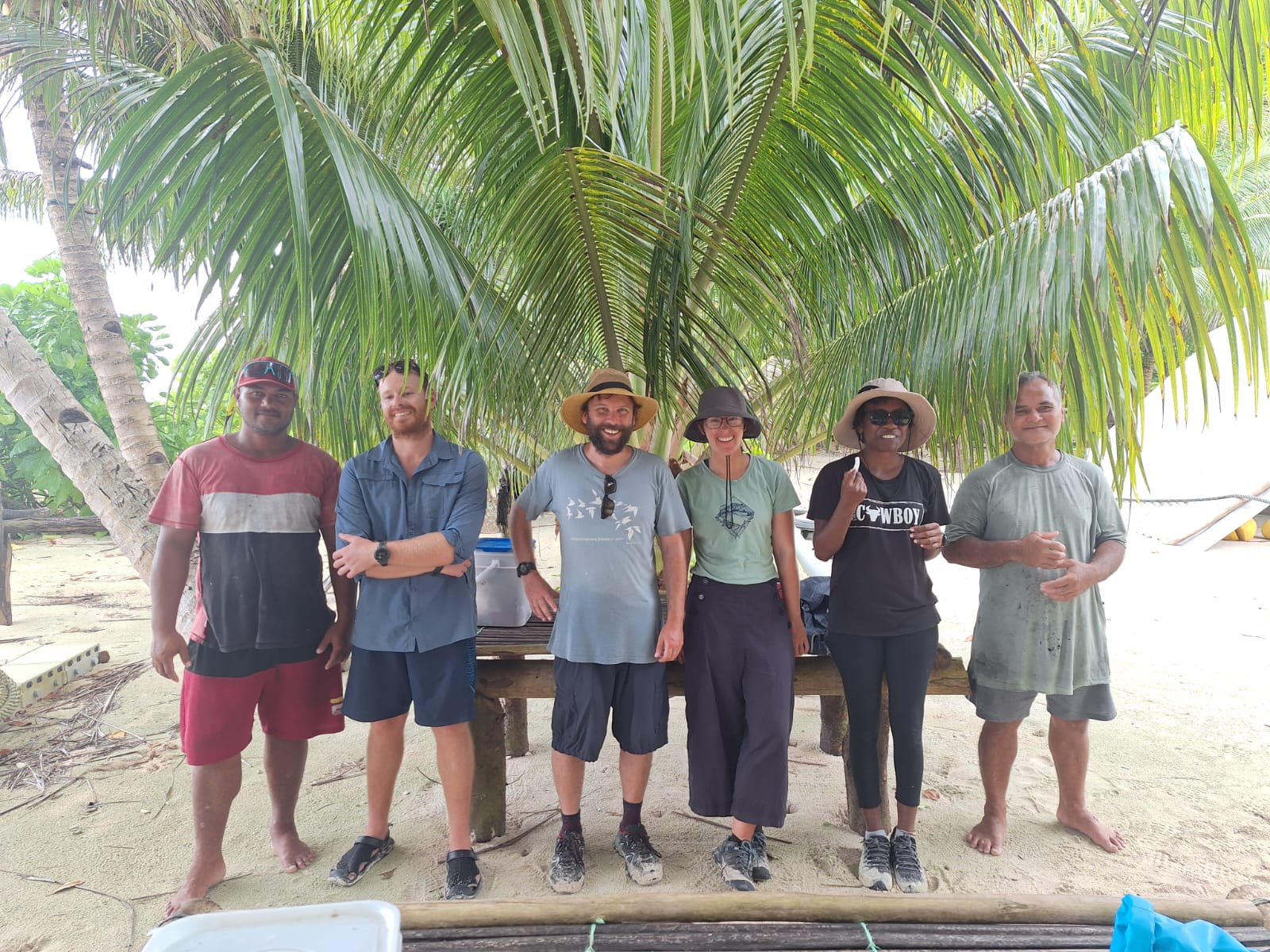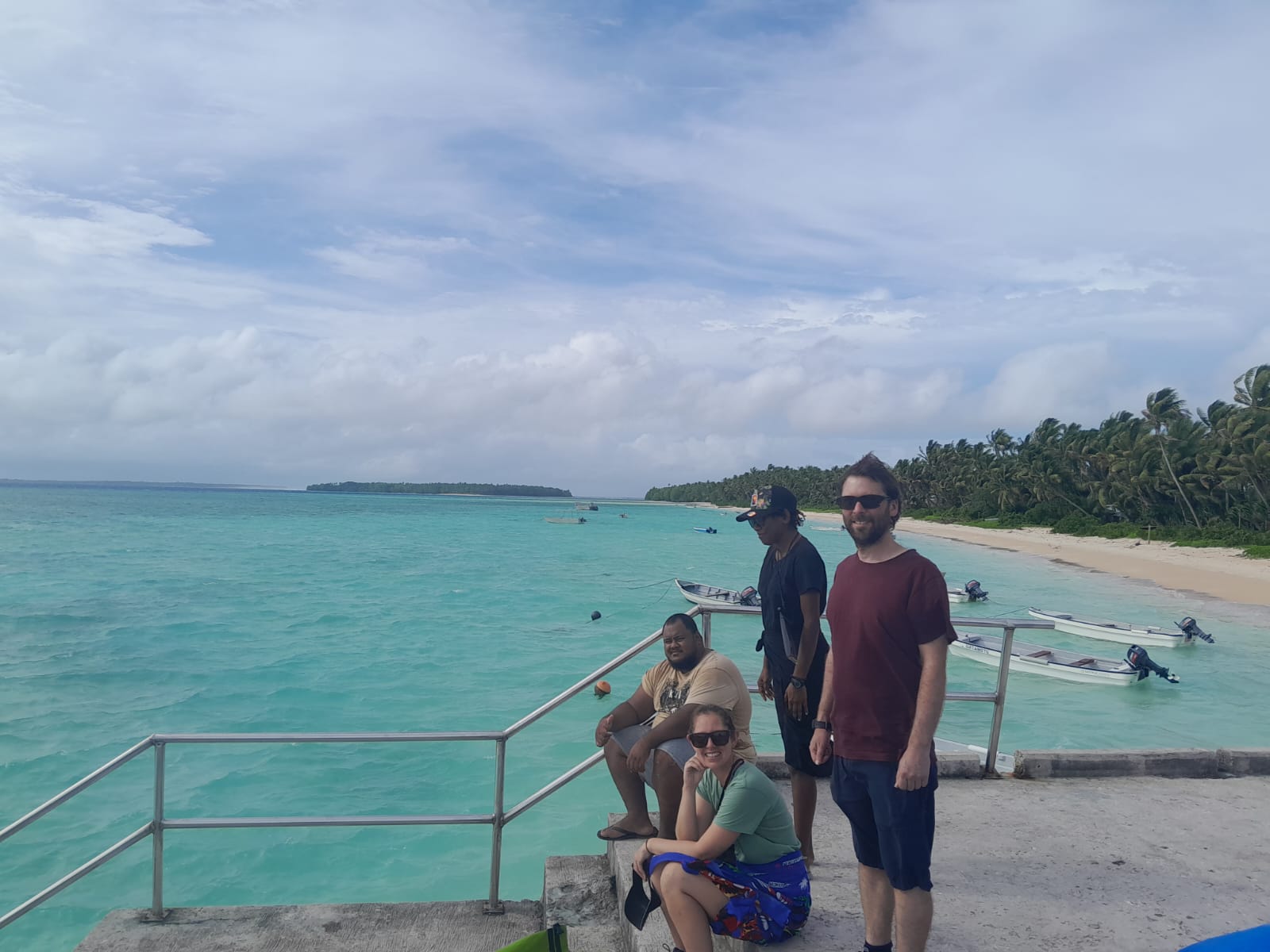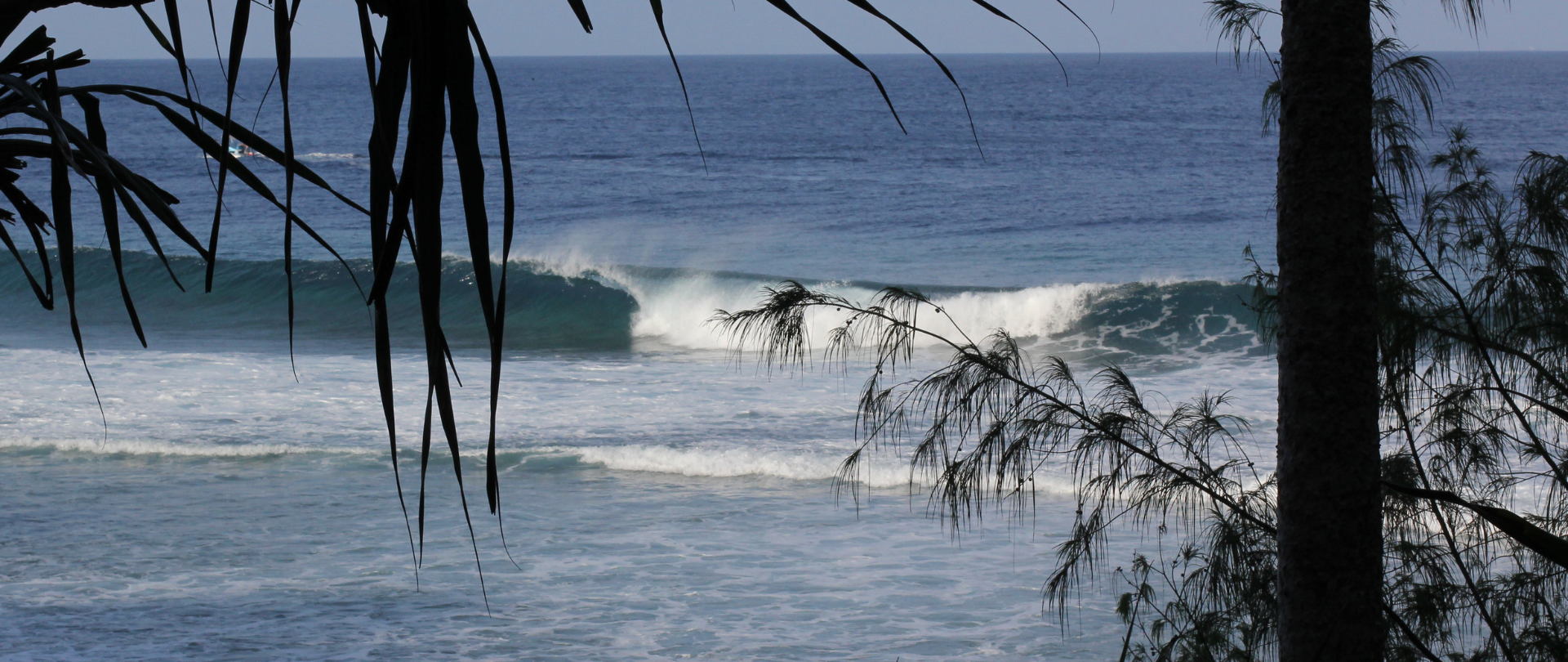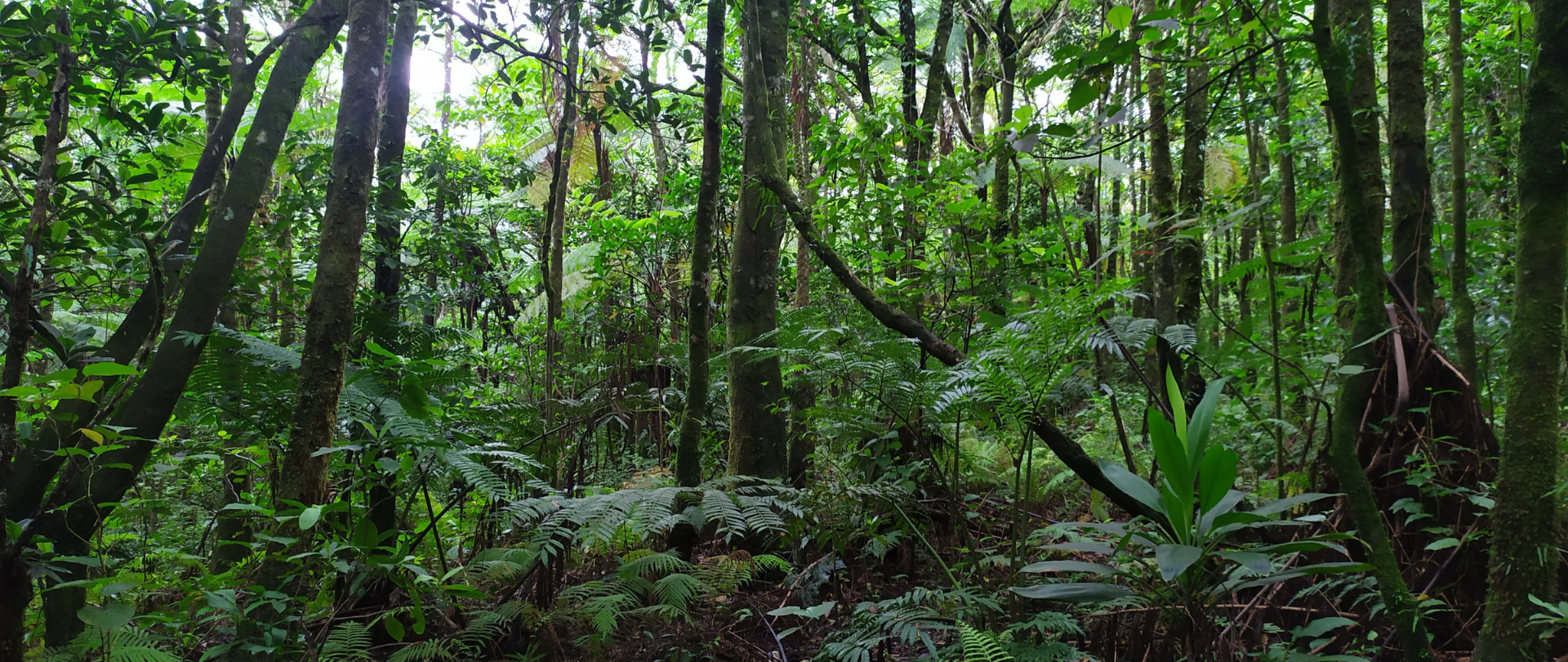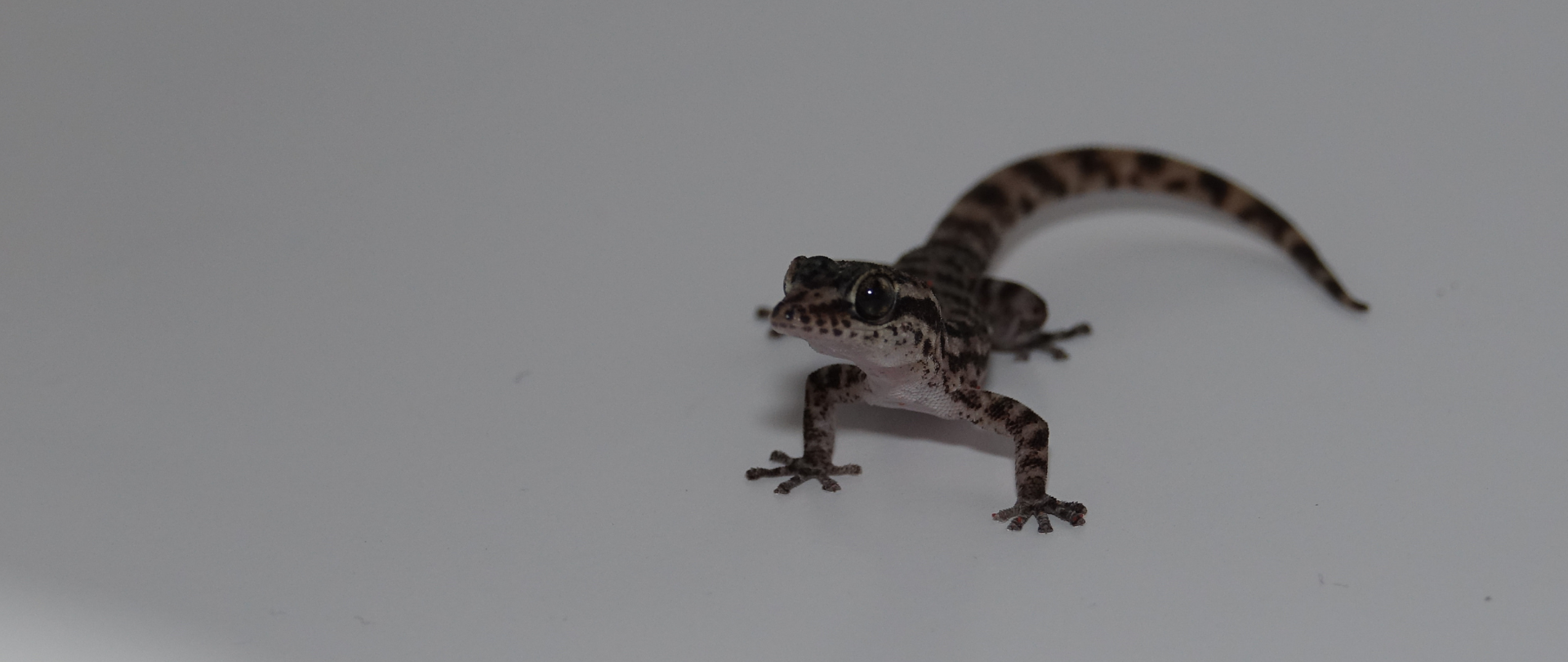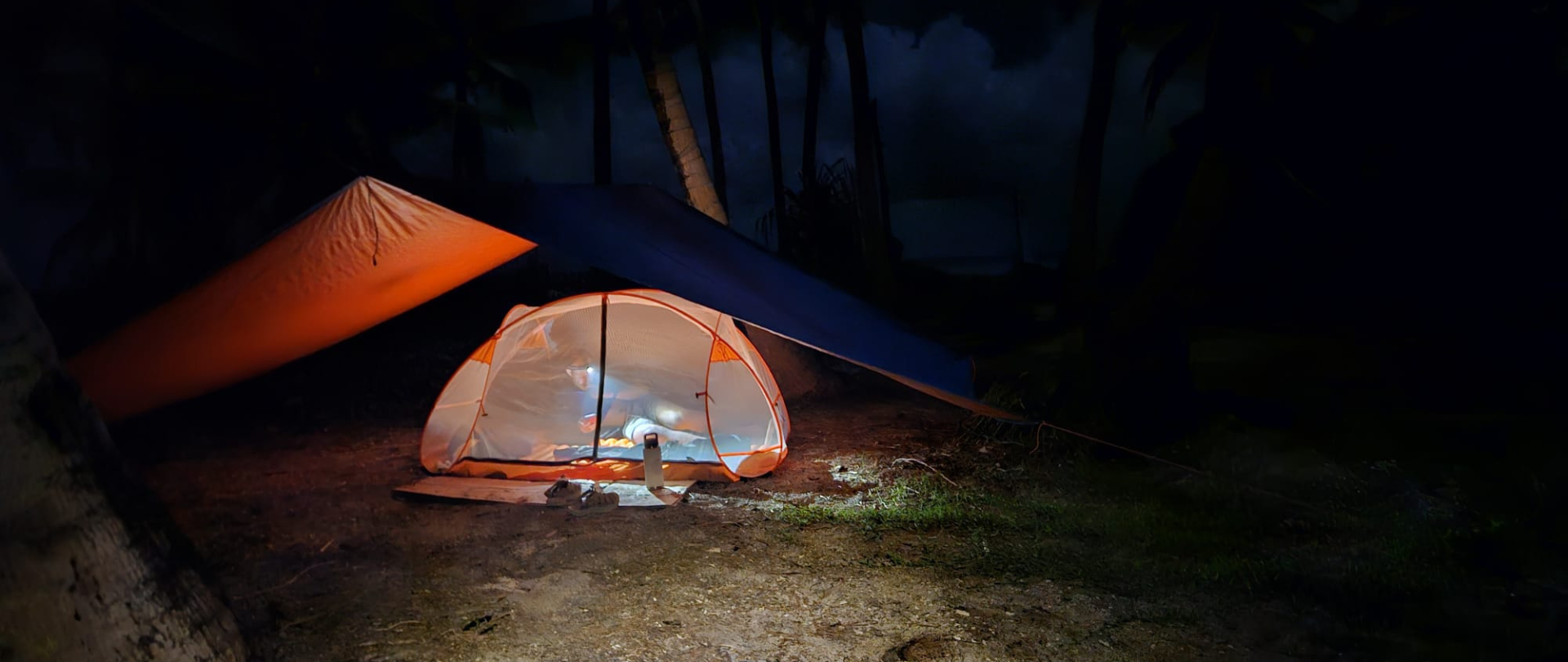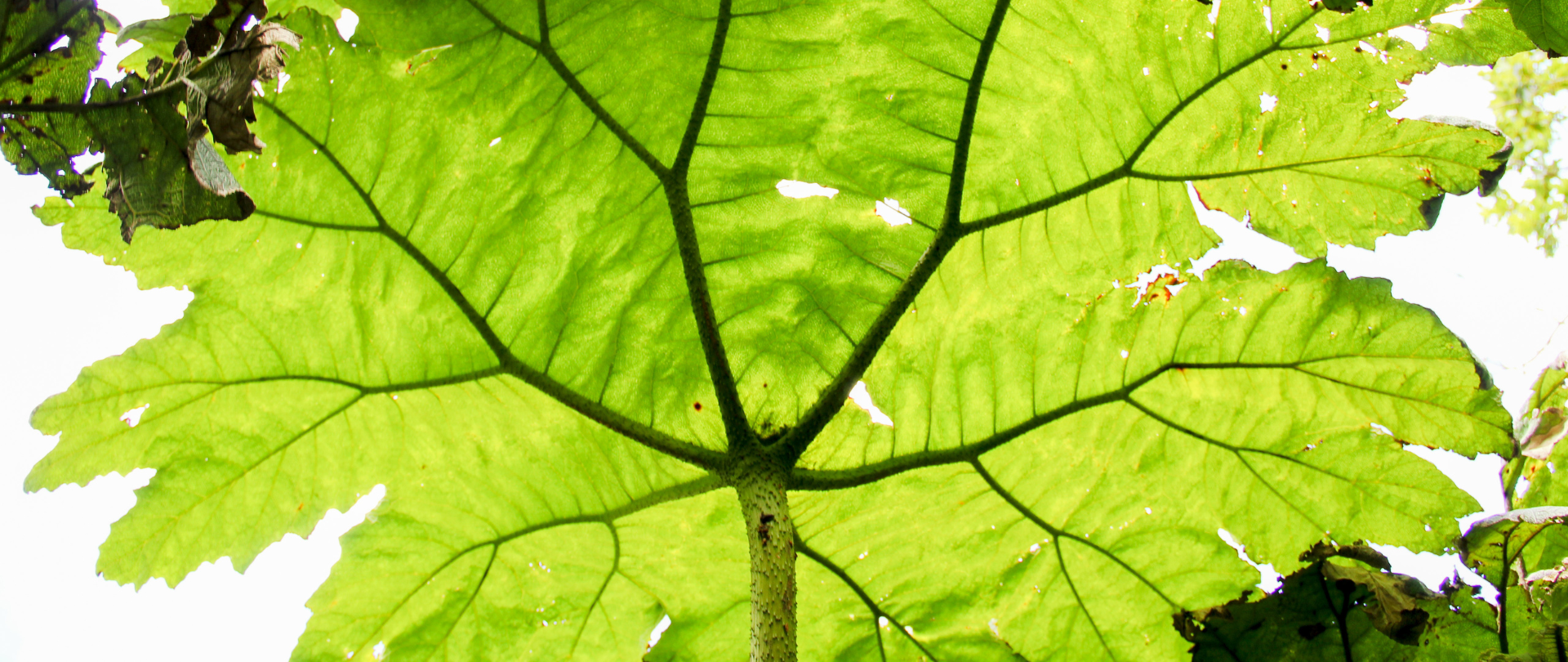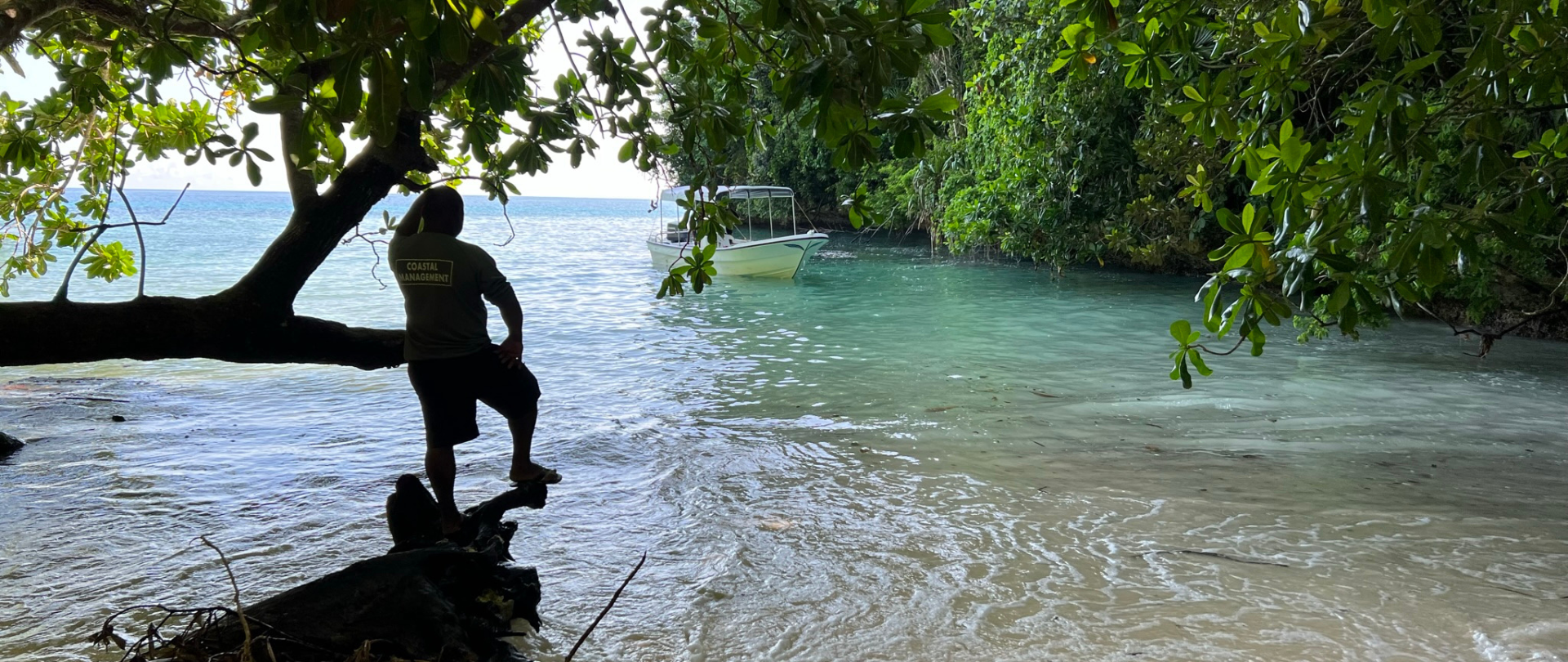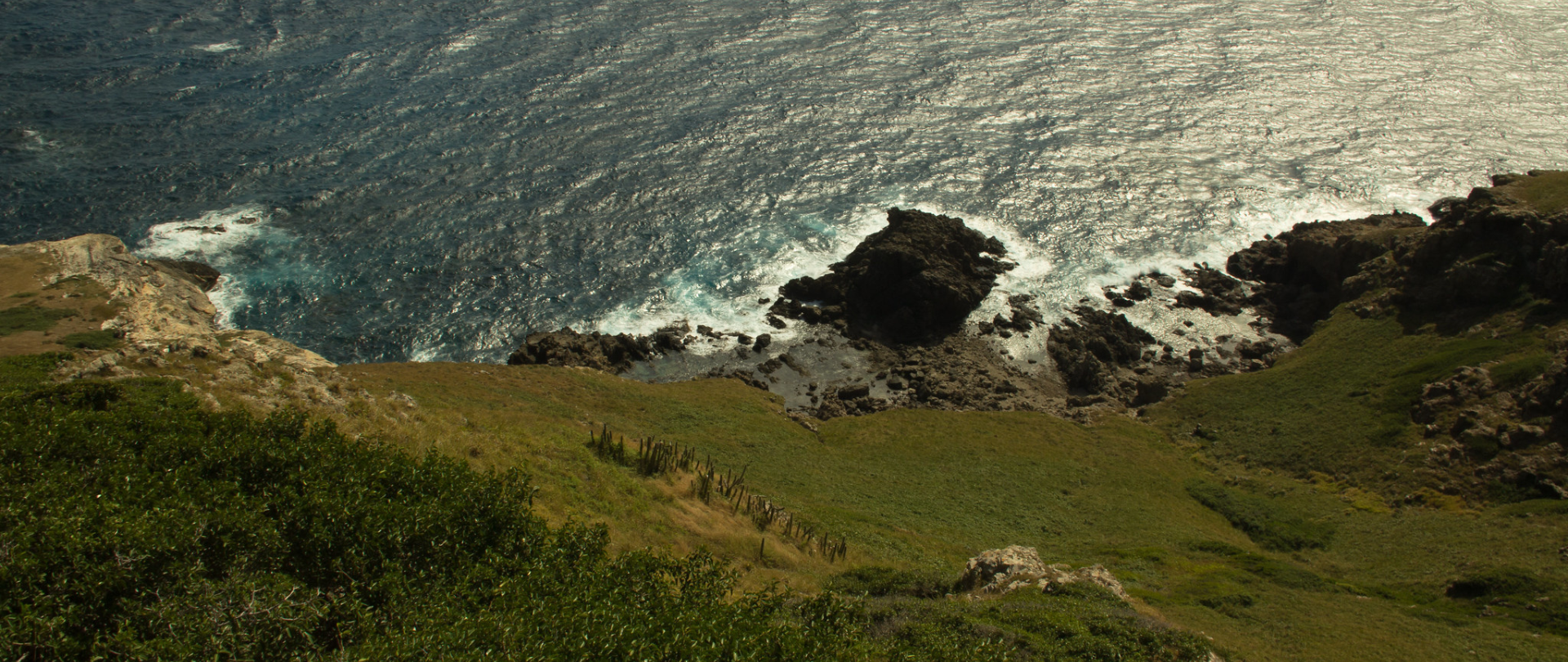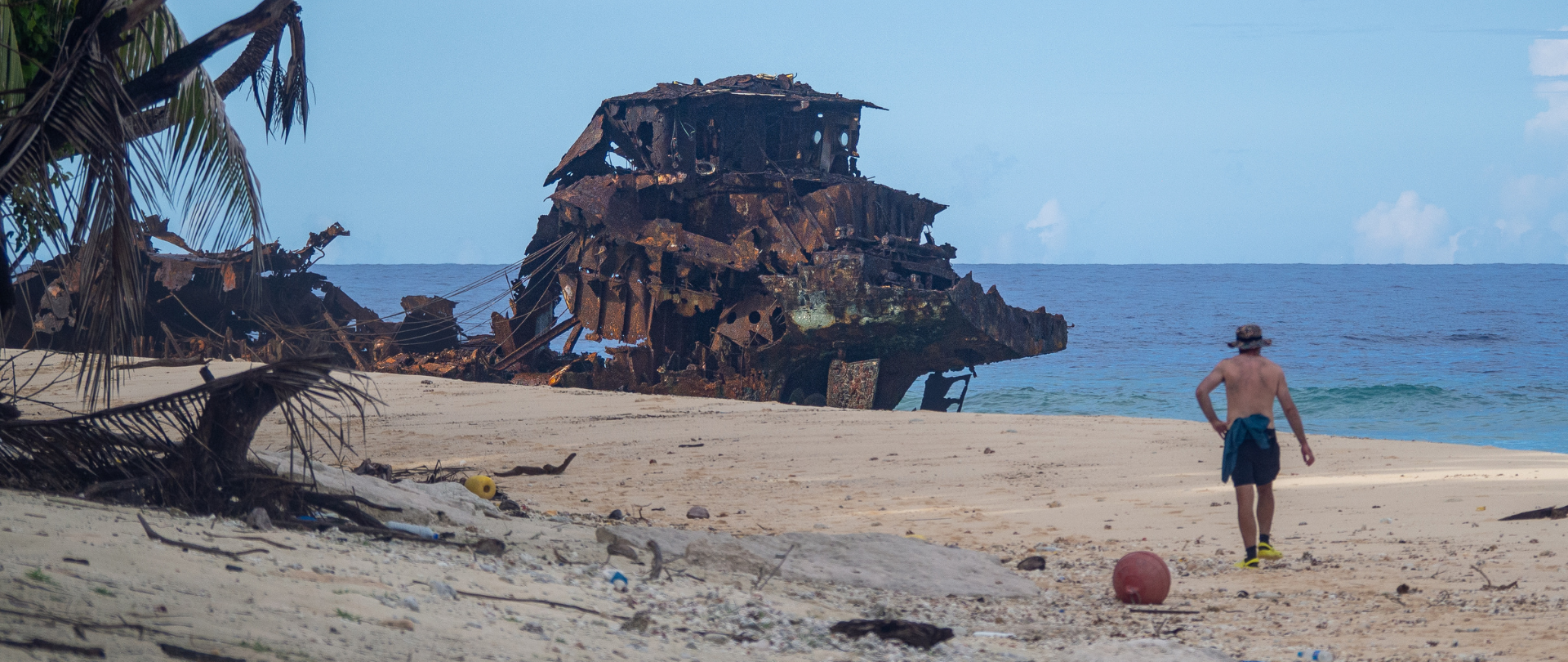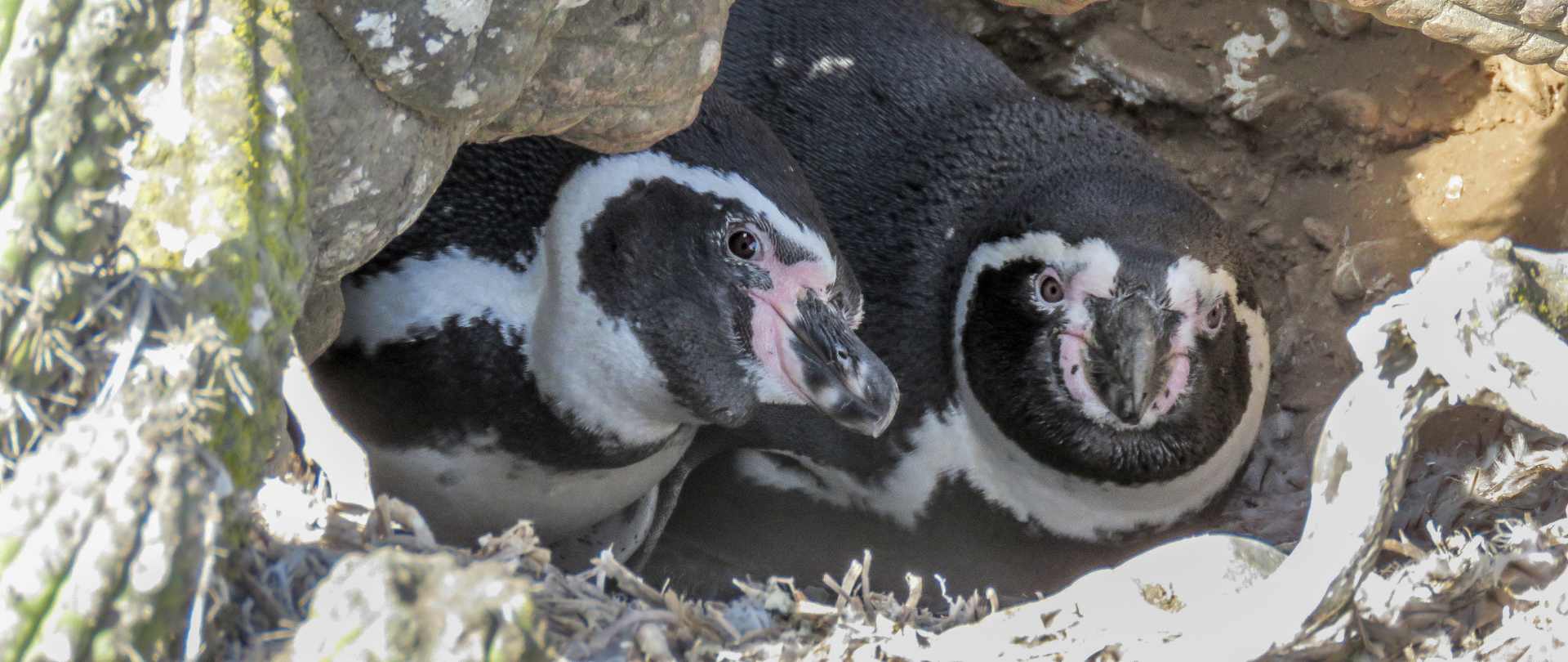This initiative is part of the broader PRISMSS-Restoring Island Resilience (RIR) project, a Pacific-led collaboration funded by the New Zealand Ministry of Foreign Affairs and Trade (MFAT), which aims to enhance Pacific Island livelihoods and climate resilience by mitigating the impacts of invasive species on both natural and agricultural ecosystems.
Through the PRISMSS’s coordinated support, local and international experts, along with community members and volunteers from New Zealand, employed specialised rodent eradication techniques, transforming the islets into safe havens for native species. PRISMSS, a coordinating mechanism for scaling invasive species management in the Pacific, connects conservation experts to deliver targeted, cohesive, and accessible support for Pacific Island countries and territories.
The Nukufetau project also fostered strong community engagement, with community members embracing the project through awareness meetings about invasive species risks and the importance of biosecurity measures. Local staff received specialised training in ground-based eradication techniques, building local capacity to ensure long-term protection and resilience in Tuvalu.
“The recent removal of rats through the collaborative efforts of PRISMSS PFP technical leads, partners and country focal points hopefully marks the beginning of sustained efforts to eradicate invasive species on Nukufetau to increase the resilience of these communities to climate change,” said the Secretariat of the Pacific Regional Environment Programme’s (SPREP) Invasive Species Adviser, Mr David Moverley. “Building on work already achieved under the GEF6 Regional Invasives Project, it further sets the stage for future conservation work across the atoll and Tuvalu as a whole.”
The completion of the Nukufetau eradication reflects the shared commitment of Pacific communities, government agencies, and international partners in safeguarding biodiversity and enhancing the resilience of island communities amid growing environmental challenges.
The PRISMSS Predator Free Pacific program, led by Island Conservation, brings critical expertise to this project, empowering local communities with sustainable strategies to protect indigenous biodiversity and strengthen ecosystem resilience.
A post-eradication monitoring exercise will be conducted in August 2025 to ascertain the success of the eradication efforts.
————————————————————————————————————————–
About PRISMSS: The Pacific Regional Invasive Species Management Support Service (PRISMSS) is a coordinating mechanism designed to facilitate the scaling up of operational management of invasive species in the Pacific. PRISMSS brings together experts to provide support within the Pacific region with a focus on protection of indigenous biodiversity and ecosystem function. As a service provider, PRISMSS provides a comprehensive suite of support services in a cohesive, effective, efficient, and accessible manner to Pacific Island countries and territories.
Restoring Island Resilience (RIR): The PRISMSS – Restoring Island Resilience (RIR) is a New Zealand-PRISMSS collaboration project that aims to improve Pacific Island Countries and territories livelihoods and resilience to climate change by reducing the impact of invasive species on natural and agricultural ecosystems through the five PRISMSS programmes.
The PRISMSS Predator Free Pacific (PFP) programme, led by Island Conservation leads the charge in removing invasive predators from Pacific islands, restoring balance to delicate ecosystems. With support from BirdLife International, the efforts are not only preventing extinctions but also enhancing ecosystem health and resilience.
About Island Conservation: Island Conservation’s mission is to restore islands for nature and people worldwide and we collaborate with local communities, government management agencies, and conservation organizations on islands with the greatest potential for preventing the extinction of globally threatened species. Island Conservation is a United States-based 501(c)(3) charitable organization that restores islands by removing introduced, damaging invasive species and accelerating the recovery of native plants and animals. We utilize innovative technology and techniques to work more efficiently and showcase the many benefits of holistically restored islands for biodiversity, climate resilience, ocean health, and sustainable development across the globe. Visit us at islandconservation.org.
For further information, contact:
Mr Sam Panapa
National Invasive Species co-ordinator
Department of Environment
Tuvalu
sampanapa@gmail.com
Mr Dominic Sadler
Project Manager
PRISMSS
dominics@sprep.org
Sally Esposito
Strategic Communications Director
Sally.esposito@islandconservation.org

